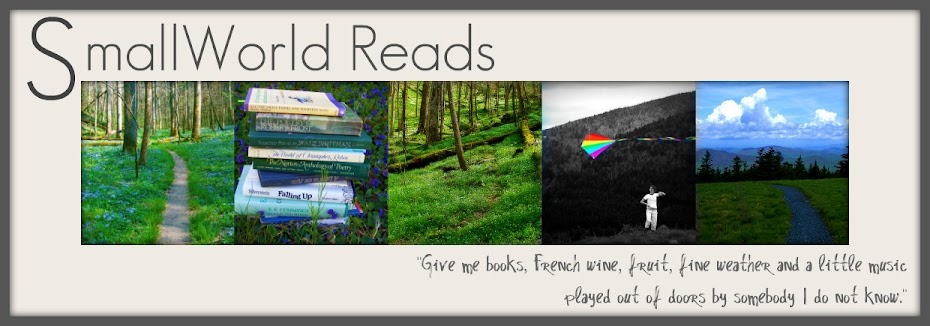"America consists primarily of Caucasians. It is understood without explanation or question that in the United States a Japanese person will not be considered as equal. … Therefore, you must work as hard as you can to prove yourself more than equal—the most polite, the best worker, an adept English learner, the most well-turned-out Housewife your husband could ever ask for. This is your duty, to both your home country and to your new one."
 Margaret Dilloway's How to Be an American Housewife is first the story of Shoko, a Japanese woman who married an American GI, and secondly the story of her daughter Sue. Shoko knows who she is: she has made deliberate choices throughout her life to get to where she is. But Sue lives in a fog of identity crisis, mostly due to the complete lack of communication between her and her Japanese mother. Sue craves an American mother who offers praise and warmth; Shoko is surprised to learn, when her daughter is an adult, that Sue perceived her as critical and cold.
Margaret Dilloway's How to Be an American Housewife is first the story of Shoko, a Japanese woman who married an American GI, and secondly the story of her daughter Sue. Shoko knows who she is: she has made deliberate choices throughout her life to get to where she is. But Sue lives in a fog of identity crisis, mostly due to the complete lack of communication between her and her Japanese mother. Sue craves an American mother who offers praise and warmth; Shoko is surprised to learn, when her daughter is an adult, that Sue perceived her as critical and cold.Although Shoko closely followed the guidebook How to Be an American Housewife when she came to America, she is truly Japanese, and she learns early on that she will never be American enough. But she is tremendously tenacious in the face of life-long assimilation. She recognizes that her adult children are miserable, but she doesn't sit around bemoaning her failure as a parent. She did the best she could, and it is up to them to get their lives together.
But Shoko is very ill and requires a serious surgery. Her biggest regret is that she never made amends with her beloved brother, Taro, who completely disowned her when she married an American. She asks Sue to travel to Japan with her and carry a message to Taro. From here the story shifts from Shoko to Sue and her teenage daughter, Helena, as they journey to Japan.
Sue's story is just as enjoyable as Shoko's story. We can't help but root for this woman who has tremendously low self-esteem as she discovers her roots in Japan. As she discovers who her mother was and meets her Japanese family, her whole world makes sense. She has, for the first time in her life, a positive sense of self.
I really enjoyed both Shoko's and Sue's stories. I loved how the book wrapped up all the stories in the end, drawing the two cultures together in a hopeful way. This is an interesting view on post-WW2 through the eyes of a Japanese woman, adding still another perspective to the WW2 experience. (See my reviews of WW2 books here, including a few on the Japanese-American experience.)



